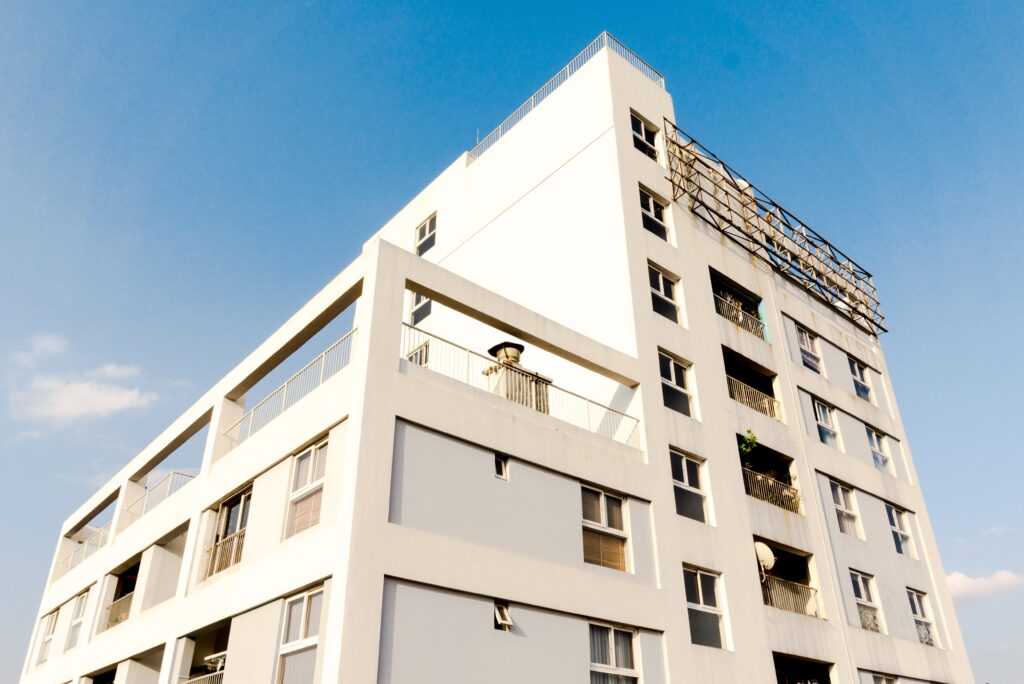Why Do Landlords Require Security Deposits?
Security deposits are a fundamental component of commercial tenant leases, serving as a financial safety net for landlords. But why do they insist on this safeguard? To answer this, we must first understand the extensive efforts landlords put into attracting and accommodating new tenants.
When a new tenant comes on board, landlords often incur significant upfront costs. These expenses may include renovation and alteration costs to tailor the space to the tenant’s specific needs, as well as offering free or reduced rent at the beginning of the lease term to entice the tenant. Additionally, landlords may need to cover legal, accounting, brokerage, and permitting fees associated with securing the lease.
Many of these expenses are tied to a particular tenant and may not provide enduring value if that tenant defaults. In such cases, landlords seek a way to recoup these costs, which is where the security deposit comes into play.
The Variables That Affect Security Deposits
Financial Strength of the Tenant
The financial strength of the tenant is a pivotal factor in determining the size of the security deposit. Companies with strong credit histories and leasing a reasonable amount of space typically have an advantage in negotiating lower security deposit requirements. On the other hand, tenants with less favorable credit profiles may find themselves required to pay a more substantial security deposit if the landlord decides to move forward with the lease.
The Range of Security Deposit Amounts
What to Expect in Terms of Security Deposit Amounts
The amount of a security deposit can vary significantly, and tenants should be aware of the potential range. Typical security deposits usually begin at around two to three months’ rent and can increase from there. For tenants with lower credit scores, landlords may demand deposits that range from six to twelve months, particularly if they are still willing to proceed with the lease.
Personal Guarantees and Alteration Funding
When Landlords Seek Additional Protection
In cases where landlords are unsatisfied with a tenant’s financial stability or feel that additional security is warranted, they may request a personal guaranty. A personal guaranty obligates an individual, often the tenant’s principal, to cover lease obligations if the business is unable to do so. However, it’s important to approach personal guaranties with caution, and tenants should insist upon a “good guy” guaranty if it becomes unavoidable.
Furthermore, some landlords may require tenants to fund alterations to the leased space. This means that in addition to the security deposit, tenants may need to contribute to the costs of customizing the premises to their specific needs.
The Burn Down Option
Negotiating Favorable Terms
Tenants who provide a sizable security deposit can often negotiate a “burn down” provision. Under a burn down, landlords agree to return portions of the security deposit during the lease term, provided that the tenant pays their rent on time and remains in compliance with the lease terms. This can be a mutually beneficial arrangement that provides tenants with financial relief and landlords with peace of mind.
In conclusion, security deposits on commercial tenant leases play a crucial role in the world of commercial real estate. They serve as a safeguard for landlords who invest heavily in attracting and accommodating new tenants, while also providing a level of security and trust for the tenant-landlord relationship. The amount of the deposit is influenced by factors such as the tenant’s financial strength and the landlord’s discretion. As tenants, understanding the nuances of security deposits can help you negotiate more favorable lease terms and establish a strong foundation for a successful business venture.
